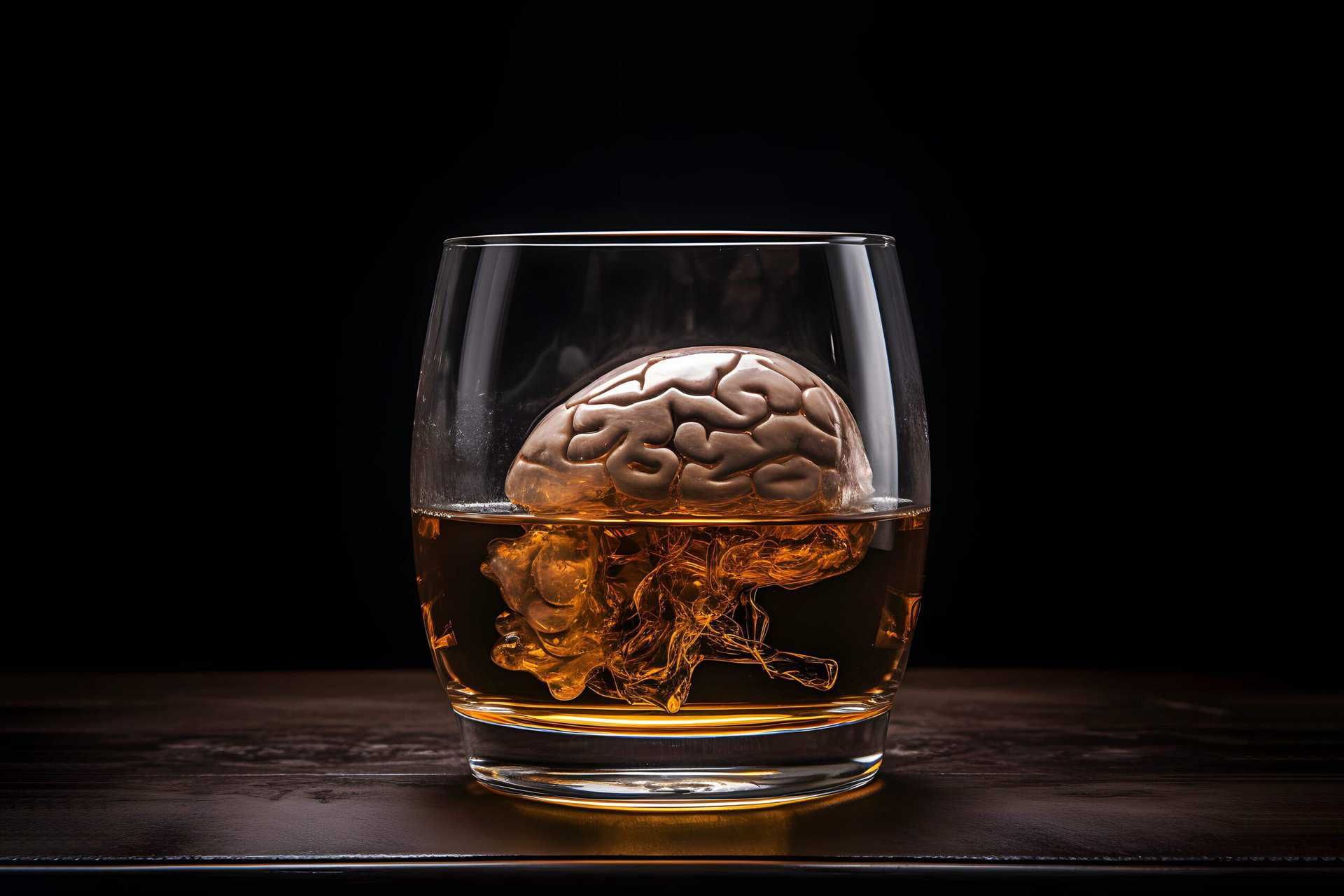Treatment Centers for PTSD
Researchers find trauma is the common thread in the development of Post-traumatic stress disorder (PTSD) and substance use disorders. As a result, treatment centers for PTSD are addressing the needs of those with a dual diagnosis.
Dual diagnosis is the condition for someone diagnosed with a mental health condition and a subsequent substance use disorder. Fortunately, professionals have found trauma therapy an essential component in addressing the roots of both conditions. Thus PTSD treatment centers are key to healing.
PTSD: How and Why It Occurs
PTSD is a complex mental health condition occurring as the result of a traumatic experience. Mental health researchers continue to build a better understanding of post-traumatic stress disorder and trauma to include individual trauma therapy as a beneficial treatment option.
Co-occurring disorders, such as PTSD and substance use disorders, find their roots in trauma, and each needs to be a consideration when seeking treatment. An initial evaluation is essential in correctly diagnosing new patients in treatment centers.
Trauma experiences such as war, natural disasters, sexual assault, physical abuse, severe accidents, or being a victim of a violent crime are often initiators in the development of PTSD.
Diagnosis must occur at least 30 days after a traumatic event, but in some cases, symptoms do not appear until months or even years later. Three parts of the brain have a connection to processing trauma. Finally, hormones, or neurotransmitters, also have a contributing effect on coping with trauma.
PTSD, Trauma, and The Brain
Below are facts about trauma and the brain:
- The amygdala helps control emotions, survival instincts, and memory. Responsible for the fight or flight response. It can become hyperactive, causing a person to experience hypervigilance, an intense awareness of everything around them. This protective force makes sleeping, relaxing, or finding joy challenging.
- The hippocampus aids in learning and memory. Studies have found that people who have a trauma may have a smaller hippocampus than those who have not. The constant high levels of stress hormones may damage or destroy cells in this area of the brain. People who have PTSD find it difficult to form memories but have vivid memories of their trauma.
- The prefrontal cortex is responsible for the regulation of emotions and helps the amygdala maintain control. Helping to calm the fight or flight response when understanding safety is present for most people, those affected by trauma find disruptions in the ability of the prefrontal cortex to regulate fear and other emotions, leading to feelings of panic, anxiety, and dysfunctional out-of-place reactions.
Treatment centers for PTSD therapy have a solid grasp of the mind-body connection and how trauma affects people in different ways. Recognizing the signs and symptoms of PTSD is vital during the evaluation process and confirming dual diagnosis.
Many symptoms of trauma are similar to the symptoms of PTSD. Unhealthy coping mechanisms, such as substance use, are common for finding relief from uncomfortable PTSD and trauma symptoms.
The following symptoms stand out in the assessment of patients’ mental health and experiences with trauma:
- Intrusive thoughts and memories
- Hypervigilance and hyperarousal
- Loss of interest in once-important activities
- Avoidance behaviors
- Unhealthy coping mechanisms
Complex Post-Traumatic Stress Disorder
Continual advances in research have found that C-PTSD, complex post-traumatic stress disorder, shares many of the symptoms common with PTSD. The International Society for Traumatic Stress Studies finds that people with C-PTSD also have problems with regulating emotions and managing feelings.
Another symptom is having a negative self-concept and feeling different from others, which breeds issues in maintaining a positive self-image. Lastly, interpersonal problems stand out, including challenges in trusting other people.
PTSD Treatment Centers Offering Trauma Therapy with Treatment
Typically, people who are uncomfortable or in distress look to self-medicate with drugs and alcohol to escape. Trauma experiences and PTSD carry severe symptoms that are difficult to escape from.
Treatment centers for PTSD utilize new evidence-based therapies, such as trauma therapy, to empower patients to investigate their past trauma. In conjunction with other behavioral therapies, new coping mechanisms grow stronger with the new understanding of how trauma works and how to heal from it.
Individual and Group Therapy in PTSD Treatment Centers
Evidence-based therapies are essential in substance use treatment for changing behaviors and forming new, healthy, sober mindsets. Individual cognitive-behavioral and group therapies offer crucial tools for incorporating new healthy coping mechanisms and finding peer support.
Building trust in group therapy sessions by learning how to share insecurities and past experiences that may be painful initiates personal growth. These therapies are beneficial in combination with trauma therapy for those with PTSD and a co-occurring substance use disorder.
Risk Factors for Trauma and PTSD
The risk factors for trauma and PTSD can lie in family history, dysfunctional family relationships, and those with a military or combat background. The symptoms of PTSD can trigger someone to self-medicate with substances, especially if there is a family history of substance use.
People exposed to domestic violence—including children—may have escalating symptoms from unresolved traumas that lead to substance use. People with anxiety, depression, or other mental health conditions may need an evaluation to check for PTSD as well.
Signs of PTSD
Not all people who experience traumatic events develop post-traumatic stress disorder. About a month after experiencing a trauma, symptoms can intensify and become distracting or uncomfortable. For others, symptoms may appear months or a year later.
It is imperative to seek professional mental health before symptoms become unmanageable. Those with concerns must contact a medical or mental health professional.
The following are signs of PTSD:
- Intrusive or negative thoughts, flashbacks, or nightmares
- Avoidance behaviors cause people to avoid people and places that may be associated with trauma
- Changes in behavior
- Mood swings
- Uncomfortable physical symptoms
Transform Trauma in Tennessee and Live the Life You Deserve
The after-effects of untreated trauma experience may be apparent in the challenging symptoms of PTSD and a substance use disorder. Trauma specialists with Freeman Recovery Center in Tennessee are changing the treatment options for people with trauma in their pasts. A thorough evaluation is a phone call away to begin a journey to wellness.
We offer comprehensive mental health treatment tailored to a variety of mental health conditions all the way to dual diagnosis disorder programs. Our expert team is dedicated to helping individuals manage and overcome disorders such as depression, anxiety, bipolar disorder, and PTSD. Utilizing a blend of evidence-based therapies and personalized care plans, we ensure each patient receives the support they need to achieve lasting recovery. Our commitment to mental health is evident in our compassionate approach and proven treatment methods, designed to restore balance and hope.
Contact Freeman Recovery Center to ask any additional questions that may remain.







